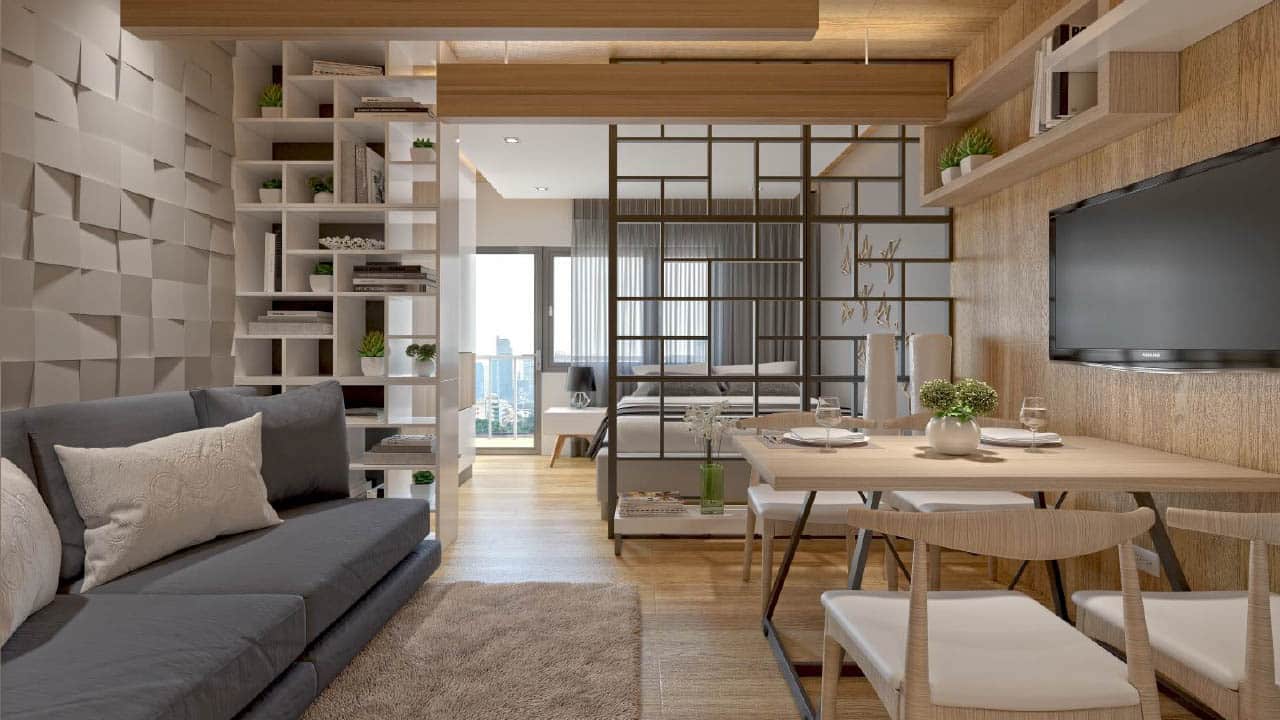
Preselling vs. RFO. What’s the difference between the two?
Pre-selling condos or house & lots are properties offered by real estate developers before its construction completion. While RFO (Ready-for-Occupancy) Units are properties for sale that have already been completed.
Both have advantages, and choosing between the two will ultimately boil down to your needs. In this blog, we’ll discuss five important factors that differentiate the two. So you can better assess which type of property suits you.
1. Choice of Units
Generally, buying RFO units is an “As-is-where-is’ kind of transaction. You are limited to the available units and its characteristics such as design, type of finish, and location. But the good thing is you can base your decision on your actual assessment of the unit onsite.
Pre-selling projects, on the other hand, offer a wider range of units to choose from. Especially for newly launched developments. A specific unit type and location will likely match your preference. But your judgement will be based on model units, presentations, and floor plans.
2. Price and Affordability
Price of materials and all relevant costs of the developer escalate overtime. Hence the practice of price increases throughout the project’s development.
Having said that, newly launched pre-selling properties offer lower prices compared to those at the turn-over or RFO stage. And investing early on allows you to generate income through capital appreciation.
3. Payment Term Flexibility
In real estate development planning, the timeline of construction is normally hinged on cash inflow and payments from sold units. And as the project moves closer to its completion, available payment terms also shorten.
Therefore, if you are buying a pre-selling unit, you can avail of longer payment terms equivalent to the development or construction period of the project. Whereas, buyers of RFO units have less flexible, shorter payment terms. Some even on cash basis already.
4. Turnover Date
Provided all payments and requirements are complied, a faster delivery and turn-over can be expected for RFO units. So if you’re trying to establish permanency, or starting to build a family consider this option. As this allows you to move-in the shortest possible time.
For pre-selling properties, you’ll have to wait a little longer to enjoy your unit. A typical condominium, for example, can take 36 months to construct. And that is if construction goes as scheduled. But if you don’t mind the wait, and you are just looking for a safer investment that will create passive income for you in the future, then pre-selling condos is for you.
5. Reputation of Developer
A key factor, particularly when buying pre-selling properties, is the reputation of the developer. Their track record is a good indicator of their capacity to deliver the unit you purchased. Try doing some research on their past projects, and look for feedback from their existing or previous clients.
In contrast, this is not much of an issue for RFO units that have been delivered already. Just make sure to inspect the unit thoroughly prior to acceptance, and inform the developer to rectify defects, if any.